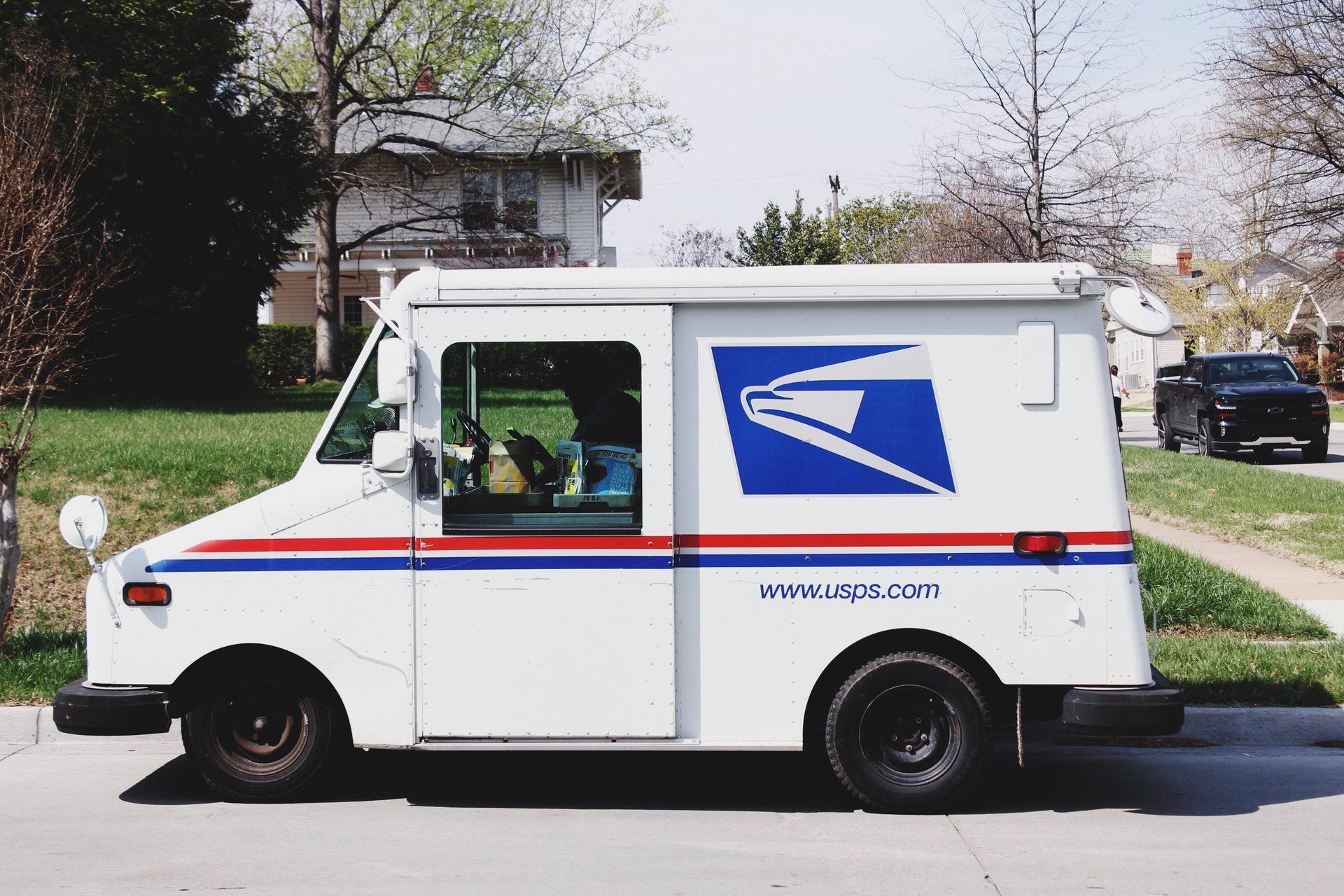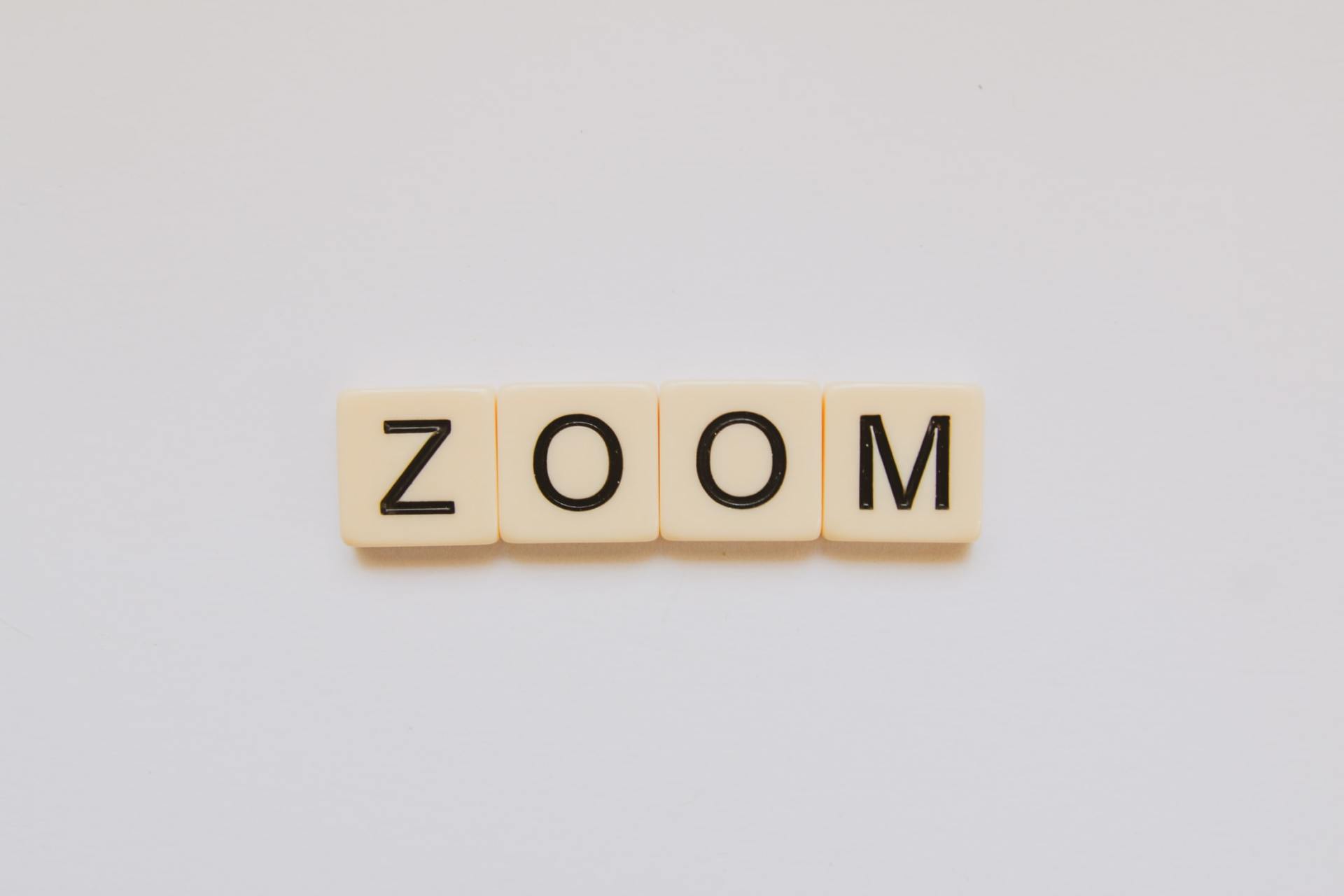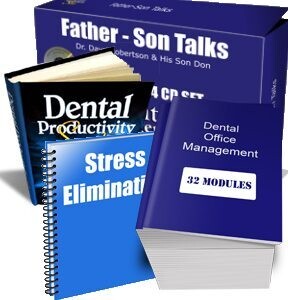How To Hire Your Next Superstar
Hiring employees is complicated and challenging and can be one of the most important management functions you perform. Assign it the priority it deserves and you can boost the productivity and the performance of your entire team. Do it wrong and you risk losing the high performance employees that will take you and your team to the next levels—or even worse, the following could occur:
- Dissatisfied or lost customers
- High turnover and associated expenses
- Incomplete work
- Increased operating costs
- Lawsuits
- Lost business opportunities
- Lower morale and higher frustration
- Poor productivity, poor quality
- Sabotage
- Good people going to a competition
- Added stress for the existing workforce and management
- Substandard organizational and personal performance
- Wasted training time
Most hiring mistakes fall into two categories:
- Hiring someone who should not have been hired, and
- Not hiring someone who should have been.
People make these mistakes, often unintentionally, because they have a poor recruiting and hiring strategy—or none at all. I don’t have time here to go through everything we would cover in our management 101 course but here are a few simple mistakes many people make during the hiring process.
Six Common Hiring Errors
- Looks good, is good. Your first impression may not be correct. Assuming a positive first impression means they have all the attributes you are looking for is a mistake made often by employers.Don’t let a positive first impression cloud your objectivity through the interview process or worse yet don’t skip someone to the front of the line because of your initial thoughts.
- Looks bad, is bad. Once again, be cautious of first impressions. They may exhibit one negative attribute during your initial encounter that may not have any bearing on their fit for your position.
- Hiring Yourself. Especially if you are hiring someone to do a job that you can’t or won’t do, hiring someone like you is a big mistake. It is easy to like someone who is like you but that similarity may mean they are not a good candidate for the job.
- Rush to hire. Business conditions or growing demands can force a relaxation in hiring standards. If they fog the mirror, they’re a strong candidate. Many people overlook signs of trouble in their haste to relieve the burden on the business.
- Poor communication. Avoid the trap of hearing what you want to hear. Keep formal notes to accurately record what is said during interviews. Make sure your job requirements and performance expectations are clear. Be prepared for interviews to get what you need out of them.
- I’ll know it when I see it. If you think you are going to have some kind of “A-ha!” moment where you will discover exactly the right traits during the interview process you are likely headed down the road of hiring the wrong person. Have a clear picture of the person you want to hire to avoid this highly subjective method of making a decision.
By avoiding these common mistakes, you increase the chances of your next hire being the superstar you are looking for.
Want to ensure your office manager knows exactly what to do in the hiring process? Send them to our next Management 101 course.
Regards,
Dr. Dave











